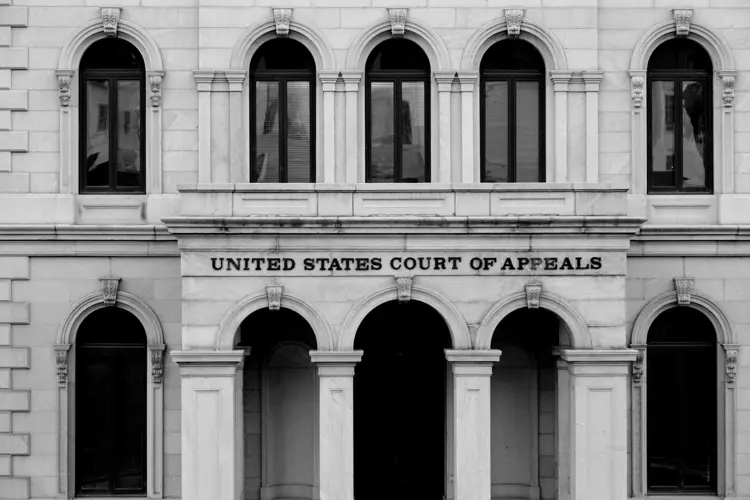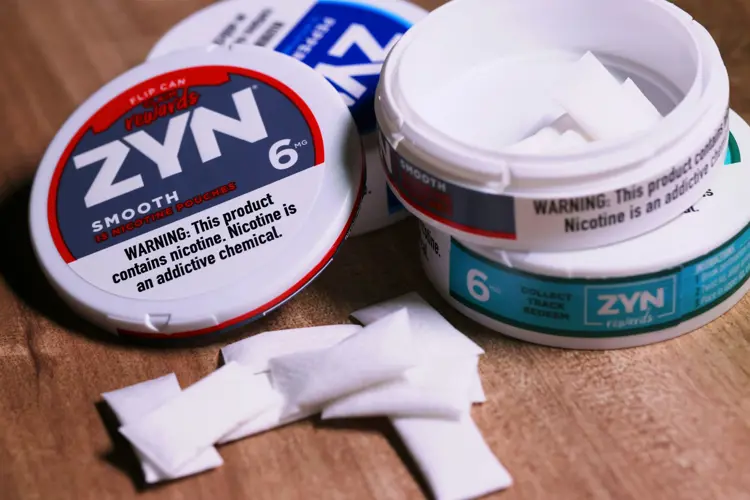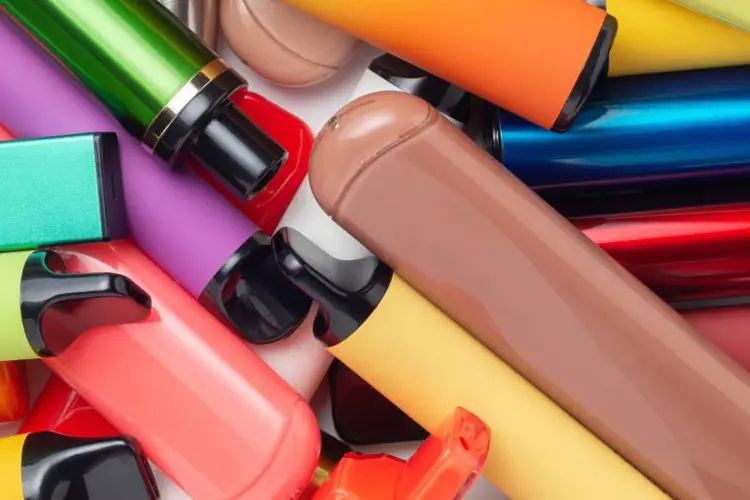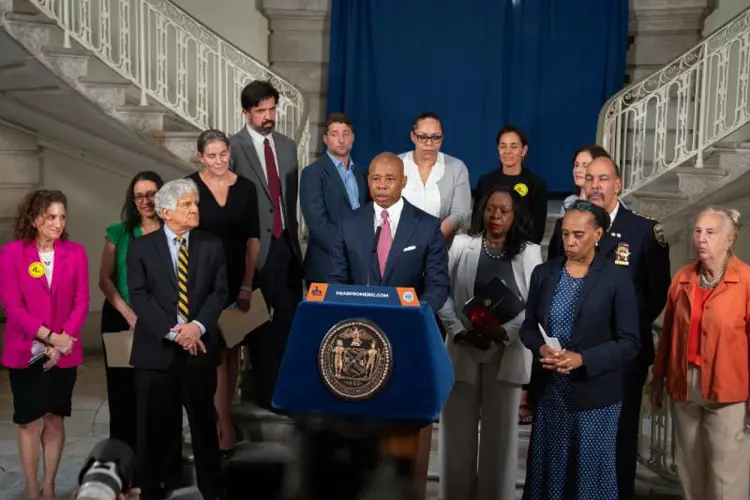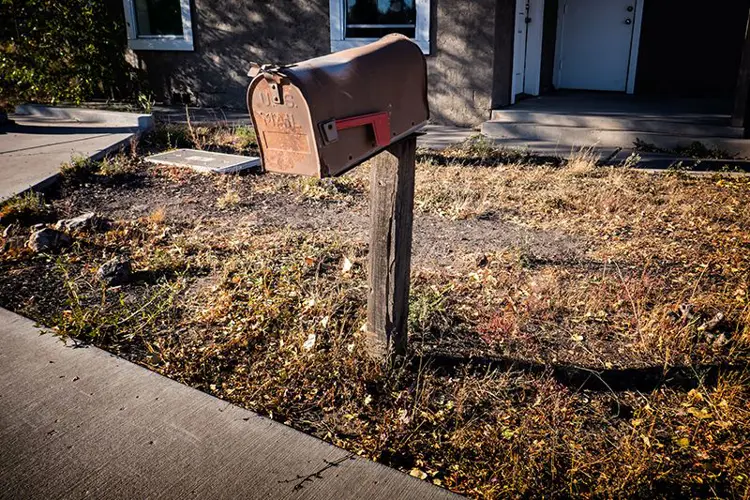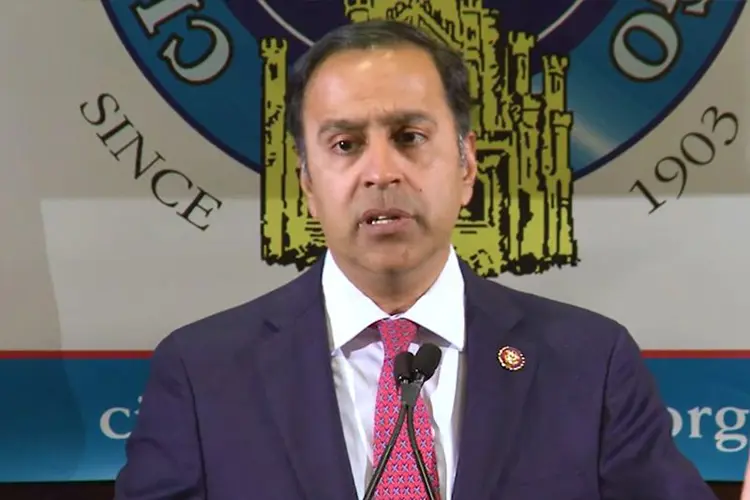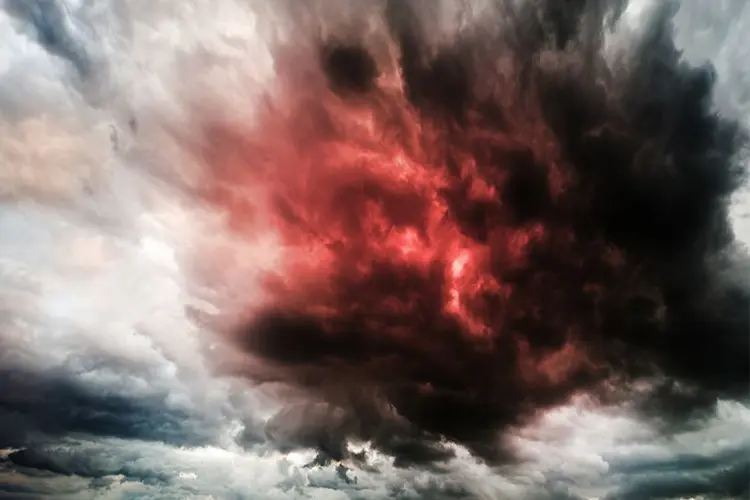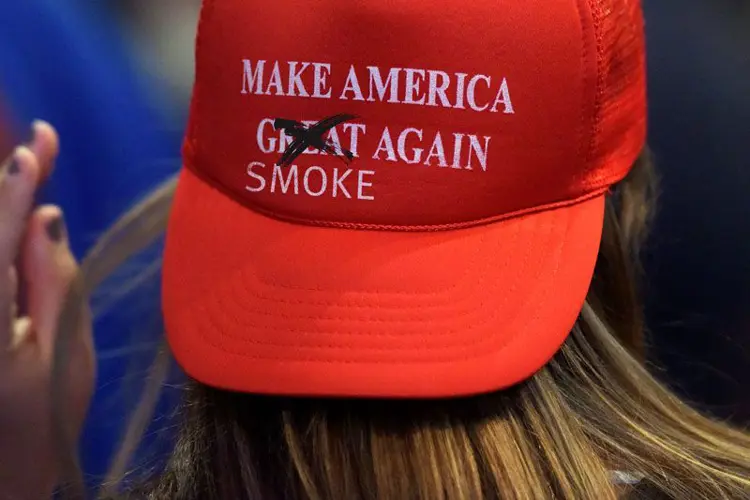A federal appeals court has found that THC-O is a legal substance, meeting the definition of a hemp-based cannabinoid under the 2018 Farm Bill. The decision nullifies the Drug Enforcement Administration (DEA) position that THC-O is an illegal synthetic cannabinoid not protected by the Farm Bill.
The Sept. 4 ruling by a three-judge panel of the Fourth Circuit Court of Appeals overturned a lower-court ruling in a case involving an employee fired for illegal drug use after failing a drug test administered by her employer.
The decision, wrote cannabis lawyer Rod Kight, is “groundbreaking and unexpected.” According to Kight, the ruling may also throw cold water on the DEA’s plans to enforce against producers of popular THCA flower.
THC-O is the acetate ester form of tetrahydrocannabinol (THC), the family of psychotropic substances that provide the high in marijuana and many hemp products. (THC-O, as an acetate, appears to create toxic ketene gas when subjected to heat, and is therefore dangerous to vape or smoke.)
In February 2023, the DEA stated in a letter that THC-O is a federally illegal Schedule 1 drug, because it cannot be found naturally in legal hemp plants. THC-O, like delta 8 THC, is converted from hemp-derived CBD using chemical catalysts, but delta 8 can also be detected in hemp plants. The DEA held that manufacturers of THC-O products are subject to federal enforcement, including seizure and prosecution.
But the Fourth Circuit disagreed, and said the definition of legal hemp outlined in the Ninth Circuit Court’s May 2022 decision regarding delta 8 THC was a better one. That court said that hemp-derived substances are not illegal drugs unless they contain 0.3 percent or more delta 9 THC. That is the definition used in the Farm Bill, and it includes all “derivatives, extracts and cannabinoids.”
“Between the DEA’s February 2023 letter and [the Ninth Circuit Court decision], we think the Ninth Circuit’s interpretation of the 2018 Farm Act is the better of the two,” writes the Fourth Circuit. “And we’re free to make that determination ourselves, despite a contrary interpretation from the DEA, because we agree with the Ninth Circuit that [the Farm Bill definition of hemp] is unambiguous…and because, even if it were ambiguous, we needn’t defer to the agency’s interpretation.” Here the court cited the recent Supreme Court Loper Bright decision, which ended so-called Chevron deference.
Comparing THC-O (and other hemp-derived cannabinoids) to true synthetic cannabinoids like Spice, the court noted that “synthetic cannabinoids are just that: compounds manufactured entirely out of synthetic materials. Because the statute is subject to this other reasonable (and, we think, better,) interpretation, we reject [the defendant’s] contention that the DEA’s interim final rule or letter mandates a finding that THC-O is illegal.”
The Freemax REXA PRO and REXA SMART are highly advanced pod vapes, offering seemingly endless features, beautiful touchscreens, and new DUOMAX pods.
The OXVA XLIM Pro 2 DNA is powered by a custom-made Evolv DNA chipset, offering a Replay function and dry hit protection. Read our review to find out more.
The SKE Bar is a 2 mL replaceable pod vape with a 500 mAh battery, a 1.2-ohm mesh coil, and 35 flavors to choose from in 2% nicotine.
Because of declining cigarette sales, state governments in the U.S. and countries around the world are looking to vapor products as a new source of tax revenue.
The legal age to buy e-cigarettes and other vaping products varies around the world. The United States recently changed the legal minimum sales age to 21.
A list of vaping product flavor bans and online sales bans in the United States, and sales and possession bans in other countries.








